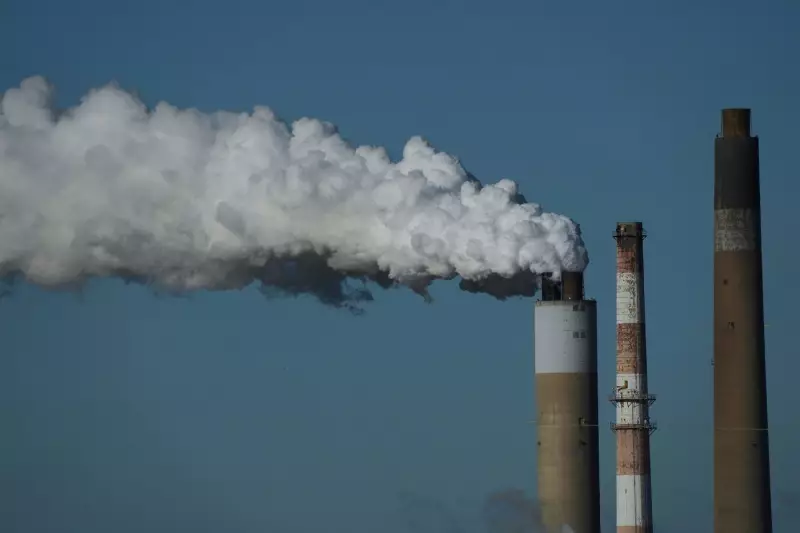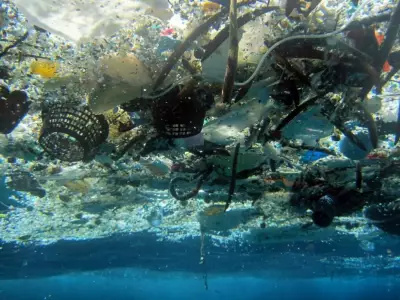
The world's climate efforts are showing modest improvement but remain dangerously inadequate to meet critical global warming targets, according to a sobering new United Nations assessment released Tuesday.
The UN Environment Programme's latest Emissions Gap Report reveals that while countries have made incremental progress in their climate commitments, the collective action still falls far short of what science demands to prevent catastrophic climate change.
The Stark Reality Check
Current national climate pledges would put the planet on track for approximately 2.5-2.9°C of warming above pre-industrial levels this century—a scenario that scientists warn would trigger irreversible damage and extreme weather events worldwide.
This temperature projection represents only a slight improvement from last year's assessment, highlighting the painfully slow pace of global climate action despite increasingly urgent warnings from the scientific community.
The Paris Agreement Gap
The report underscores the massive chasm between current commitments and the Paris Agreement's more ambitious goal of limiting warming to 1.5°C. To achieve this target, global emissions need to be cut by 42% by 2030 compared to current policy scenarios.
Instead, the analysis shows that global greenhouse gas emissions increased by 1.2% last year, reaching a new record high of 57.4 gigatonnes of carbon dioxide equivalent.
A Critical Window for Action
UN officials emphasize that the world has a rapidly closing window to course-correct. The coming years represent a make-or-break period for implementing the transformational changes needed across energy systems, industry, transportation, and agriculture.
The report identifies several key areas where accelerated action could bridge the emissions gap:
- Rapid scaling of renewable energy deployment
- Accelerated phase-out of fossil fuels
- Transformation of food and agricultural systems
- Enhanced energy efficiency across all sectors
- Increased financial support for developing nations
As world leaders prepare for upcoming climate negotiations, this report serves as a stark reminder that incremental changes are no longer sufficient. The time for comprehensive, immediate climate action has arrived, and the world's response will determine the future livability of our planet.





